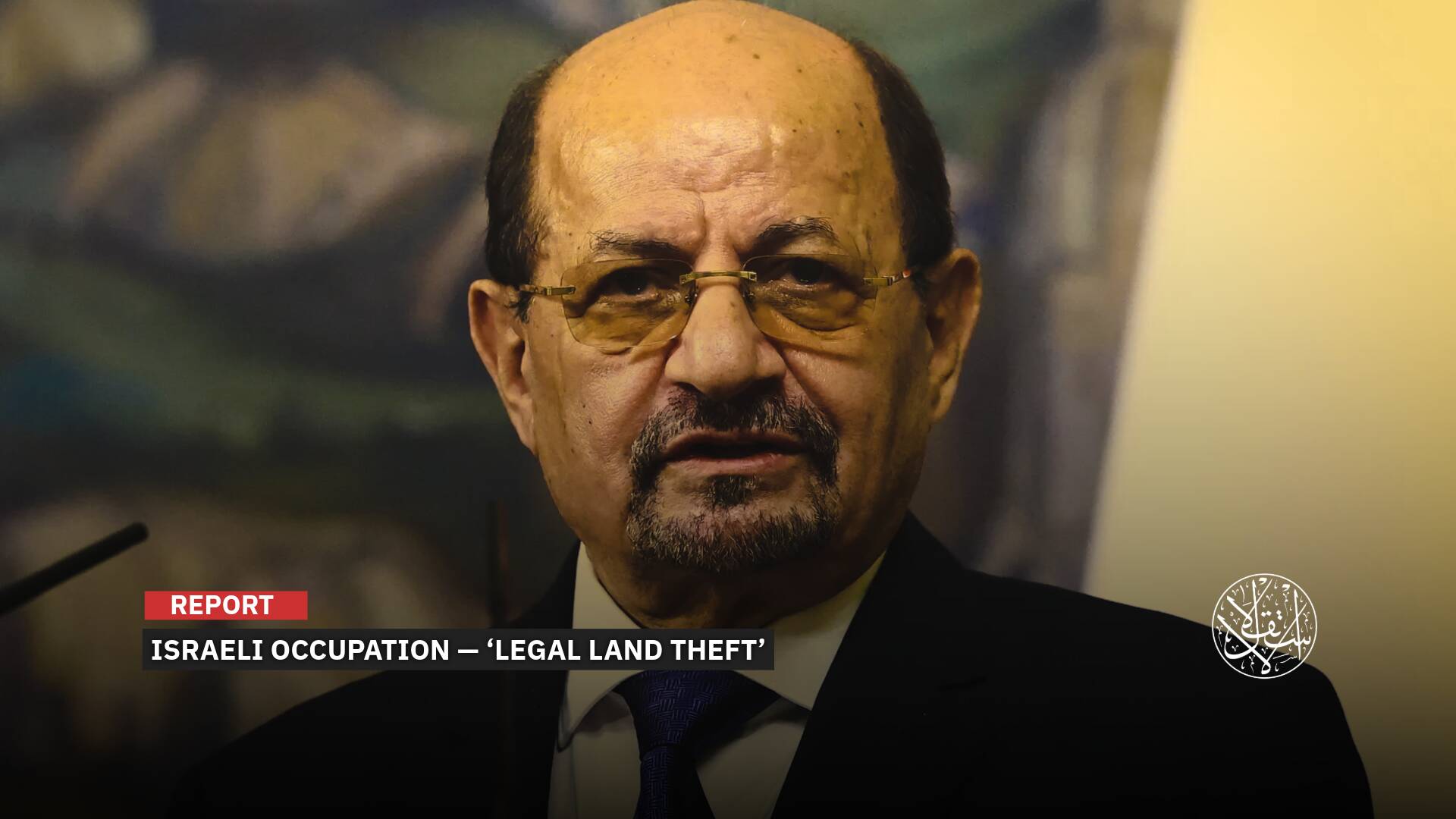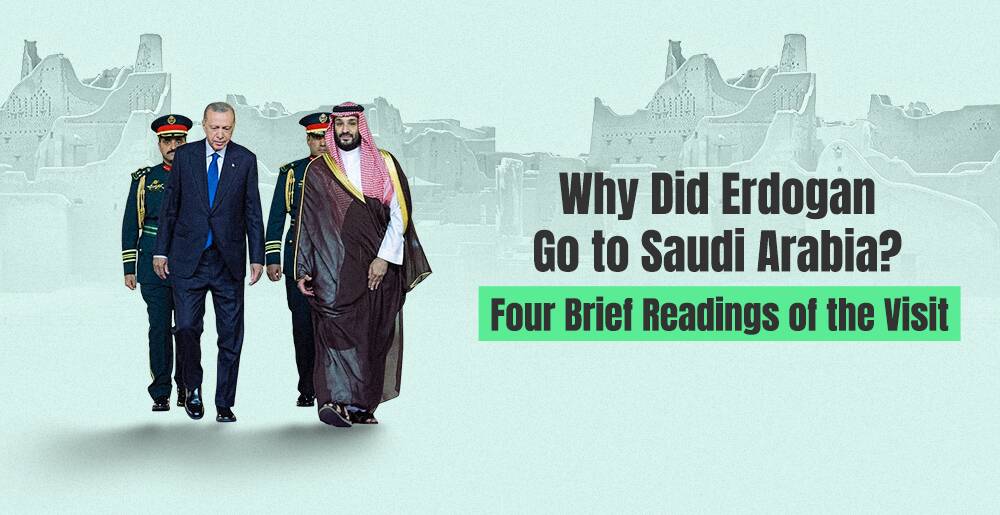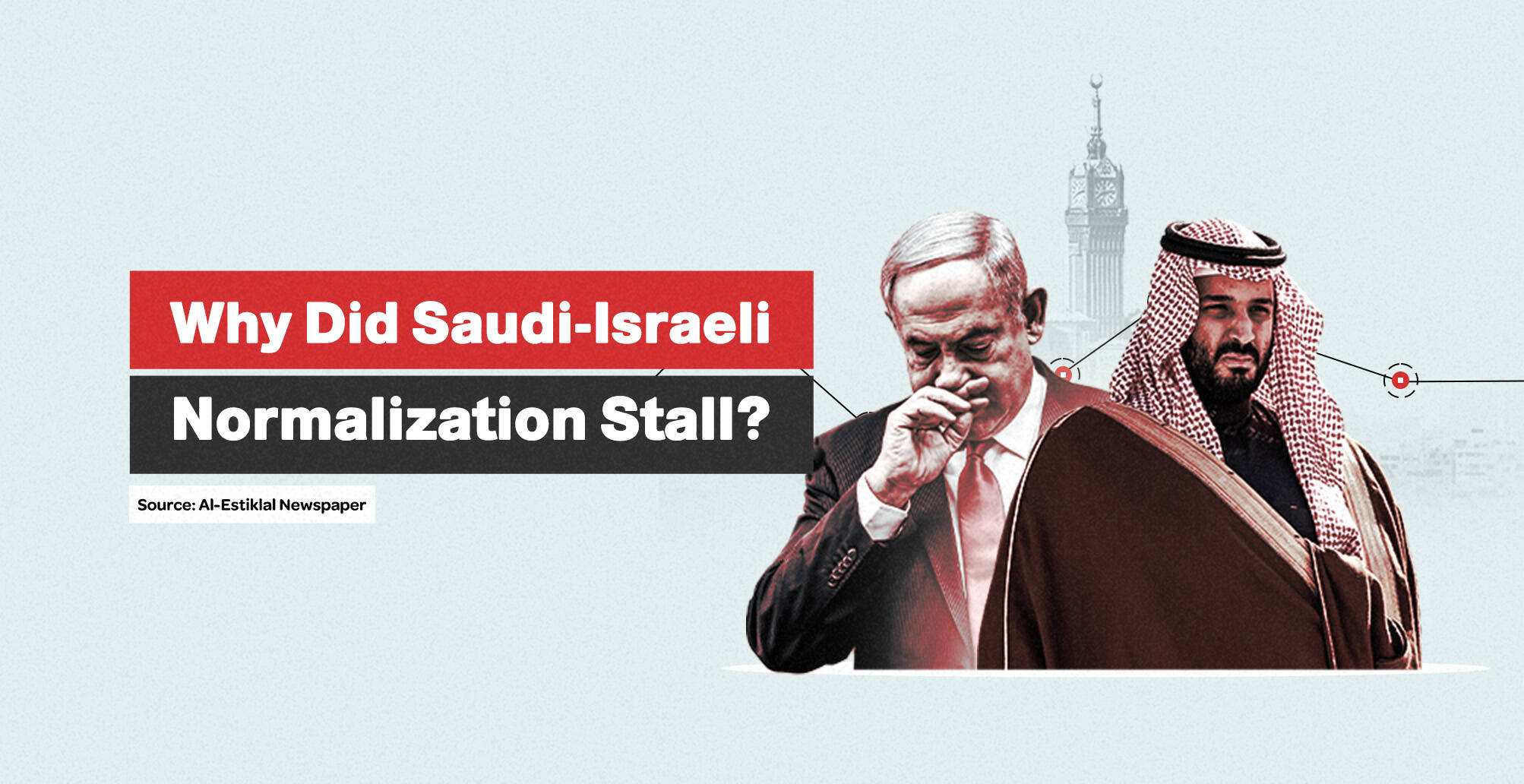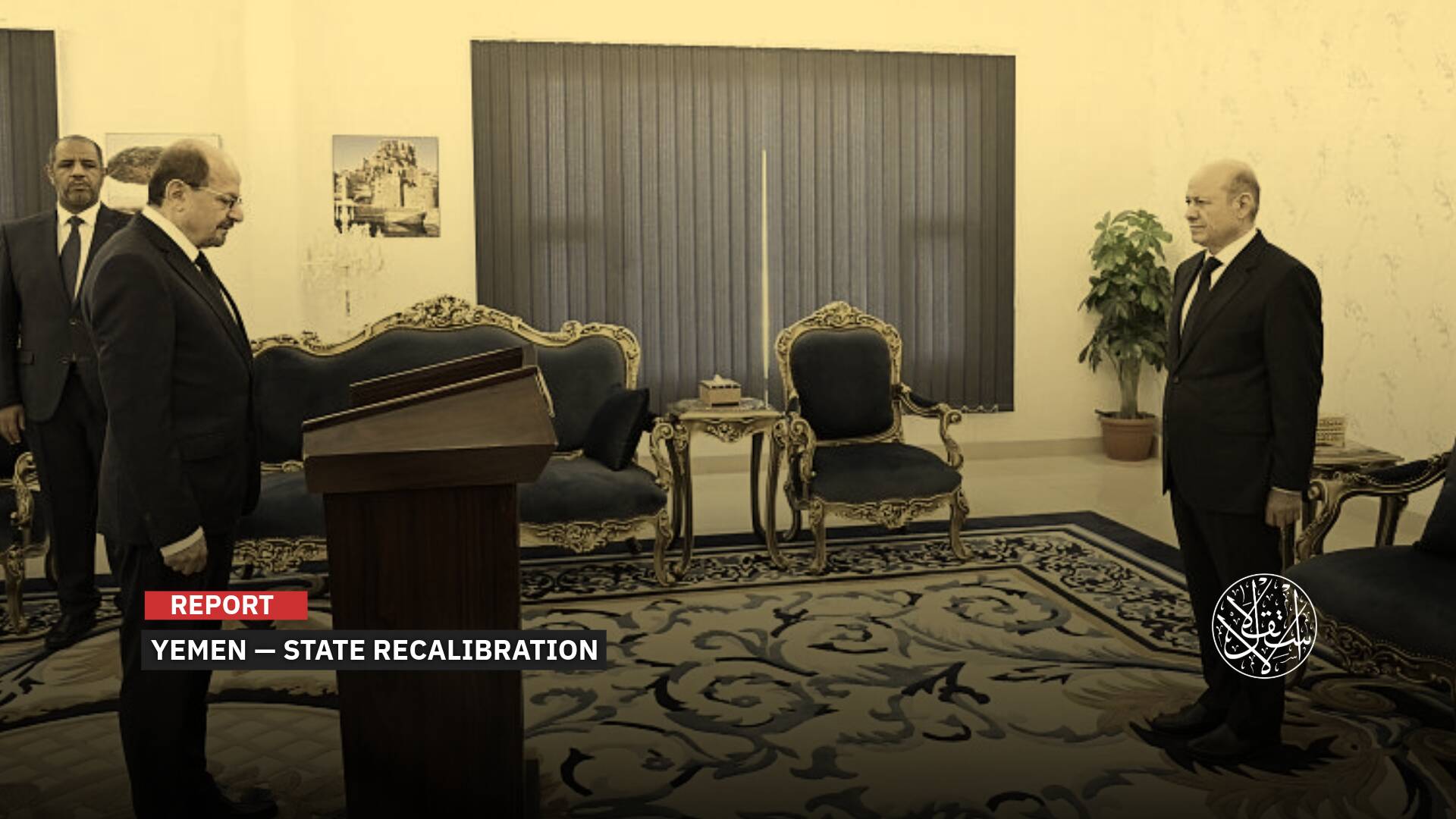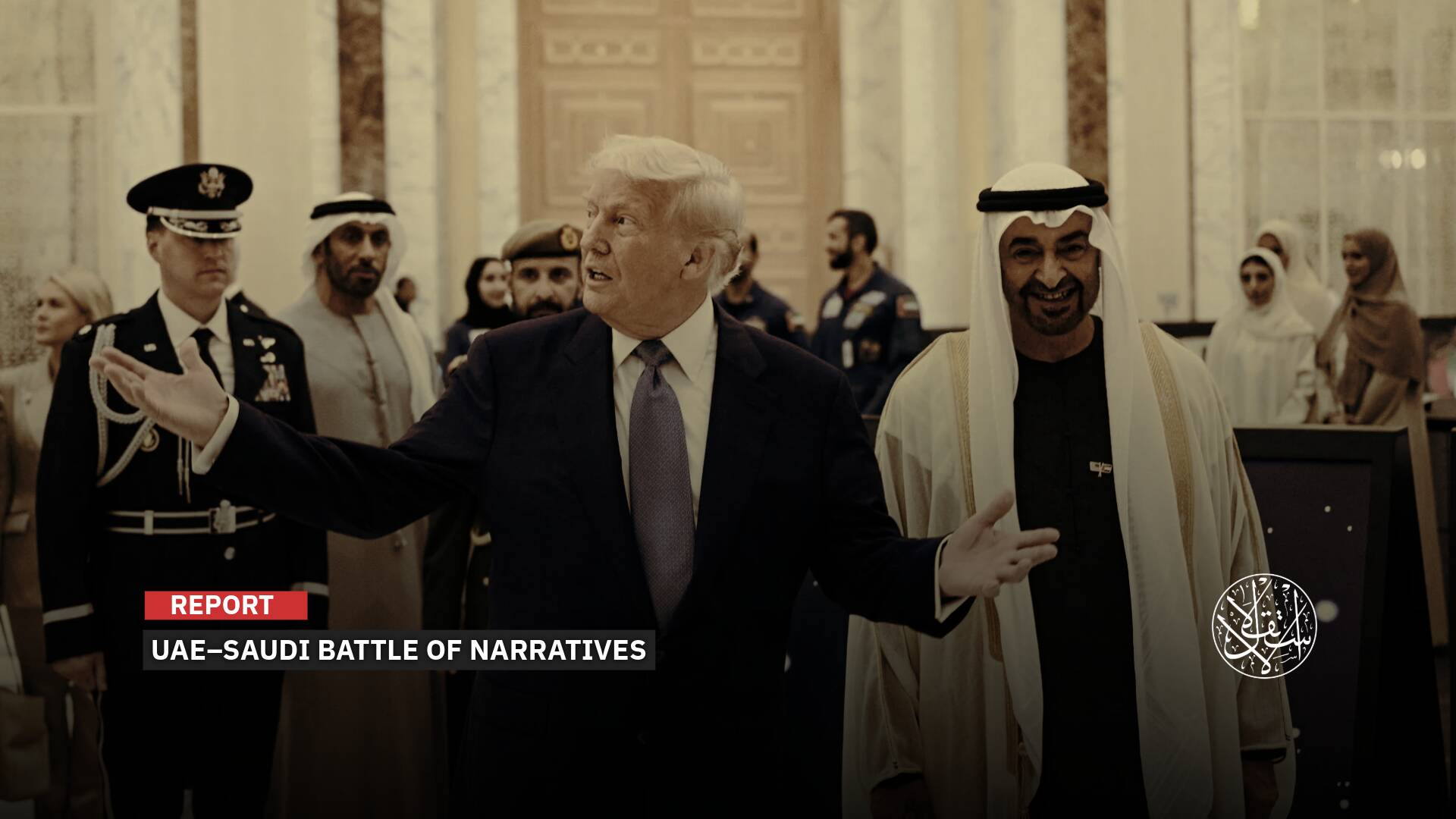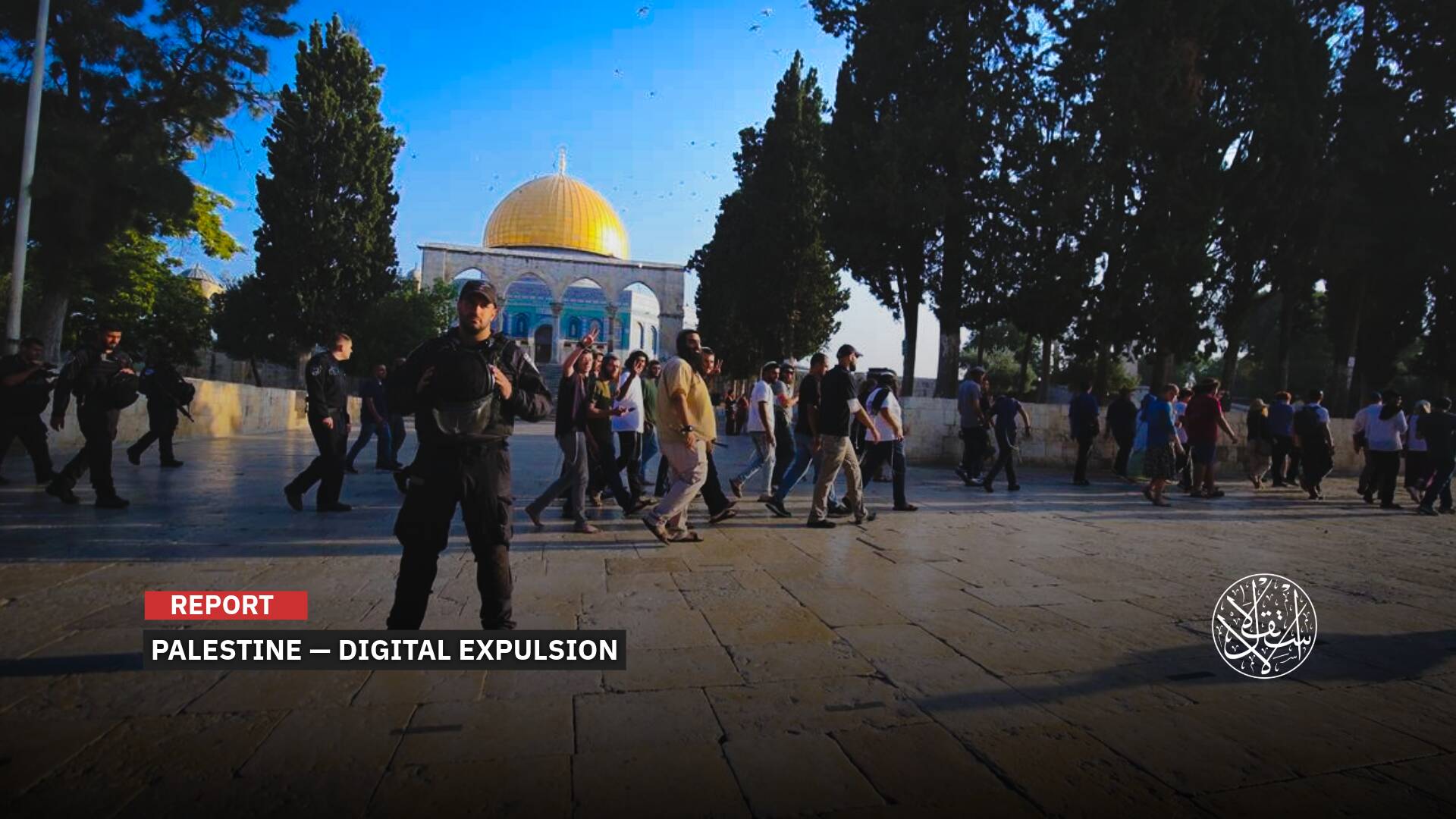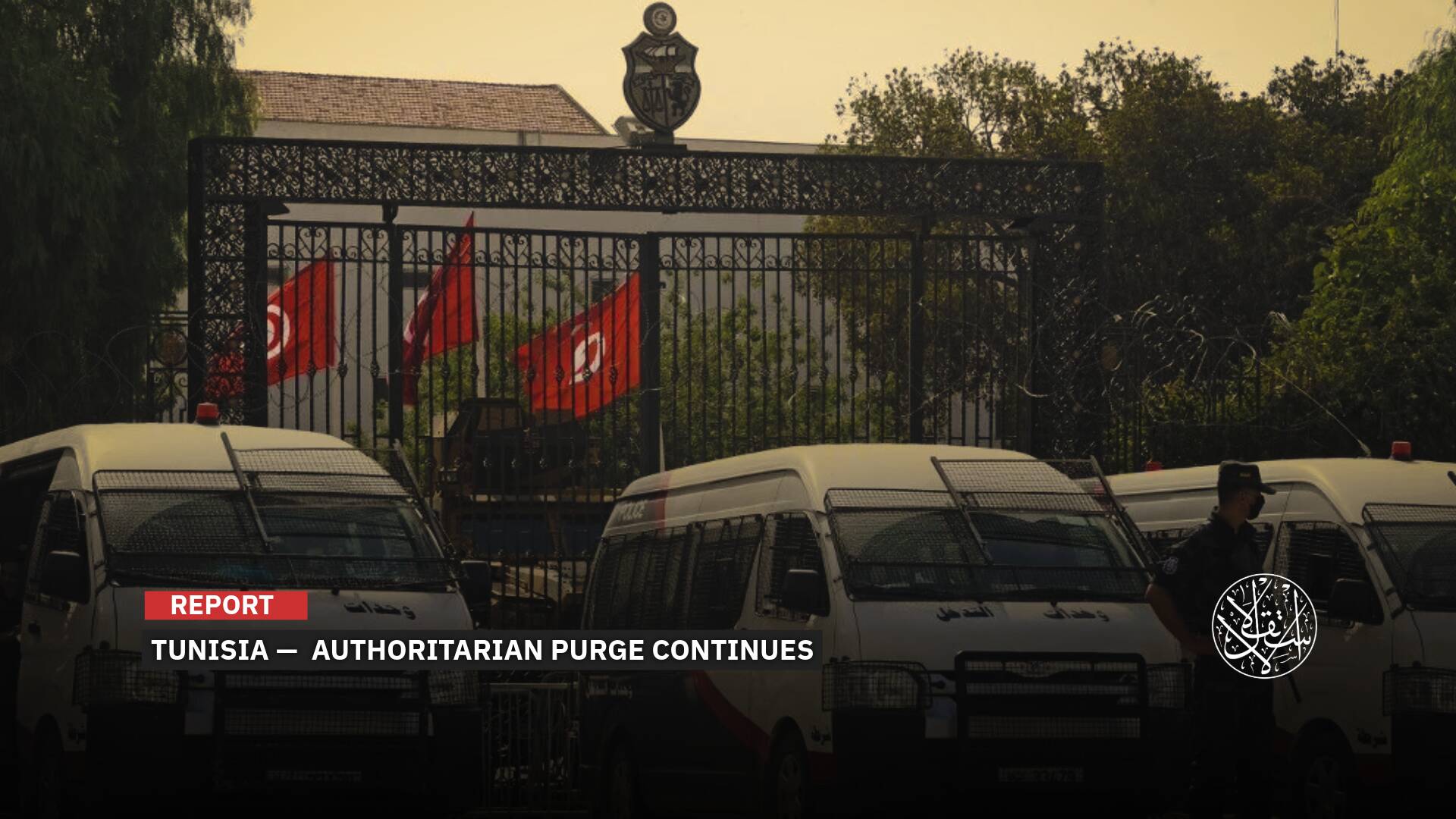Will Erdogan’s Upcoming Visit to the Gulf Stop the War in Yemen?

The visit of Abu Dhabi Crown Prince Mohammed bin Zayed to Turkey in November 2021, came after 10 years of regional rivalry and indirect conflict between the two countries.
"Authoritarian regimes such as Egypt, Israel and the Gulf kingdoms, including the UAE, considered Turkey as a real threat, since it supported the peoples' demands to establish democracy during the Arab Spring revolutions," according to a Turkish center.
This prompted the UAE to pursue anti-Turkish policies in the region by concluding agreements with Israel, Egypt and Saudi Arabia.
However, Joe Biden's assumption of power in the United States changed all the scales, and the UAE began to strengthen its relations with Qatar and Turkey, according to the Turkish Humanitarian and Social Research Center (INSAMER) article, written by Riad Domazeti.
Estimates indicate that relations between the two countries will be more developed in the coming period, and this will be reflected in Turkey's dialogues with other countries on the Arabian Peninsula, according to the Turkish writer.
He added: "Adopting a realistic approach, it seems that the Gulf countries and Turkey have decided to take the necessary steps to normalize relations, putting aside competition and conflict, as they expressed a common desire for economic and regional cooperation."
All these developments show that diplomacy and dialogue will dominate Gulf–Turkish relations from now on.
The writer continued to say that "President Erdogan announced that he will visit the UAE and Saudi Arabia in February 2022, for the first time since 12 years."
Although bilateral relations and economic cooperation are expected to be the most important issues during the visit, in addition to discussing new opportunities for resolving crises in countries such as Libya, Syria, Iraq, the Eastern Mediterranean, and most of all, Yemen.
Political and Humanitarian Crisis
According to Domazeti, Yemen has been witnessing a deep political, economic and social crisis since 2011, and a brutal war since 2014, which has caused the death of more than 100,000 people, and hundreds of thousands were injured.
According to the United Nations, more than 20 million out of 30 million people living in Yemen need humanitarian assistance.
While 70 percent of Yemen's population suffer from famine, millions of children cannot go to school because of the war.
The economic indicators in the country are getting worse, and the Yemeni riyal continues to lose its value compared to the US dollar, so hunger, poverty and misery spread throughout the country, according to the writer.
However, despite this great humanitarian catastrophe, the conflict in Yemen continues to intensify.

For example, aggressive clashes are taking place in Shabwa city, known for its strategic location and oil fields.
The Turkish writer continued to say that, while in the northern side, there is also Marib, which produces a total of 8,000 barrels of oil per day.
Although this area was neglected before the war, it gained importance as it contained the largest natural gas liquefaction plant in the country.
The port of Balhaf is also located on the coast of the Arabian Sea in Shabwa with annual revenues of up to 4 billion dollars.
“Looking at the current situation, it becomes clear that this crisis cannot continue any longer,” he added.
To resolve the country's political, economic and humanitarian crisis, all parties must come to the negotiating table as soon as possible. So here is exactly where the importance of Turkish–Gulf normalization emerges, the Turkish writer said.
A New Glimmer of Hope
Domazeti considers that the country is falling into a humanitarian catastrophe, and that the increasing international public pressure constitutes a new glimmer of hope for the revival of the Yemeni peace process.
To achieve it, the groups in the south must reach an agreement between them, after which comprehensive talks with Iran and the Houthis will be launched for a regional normalization process.
The Turkish writer says: "However, the UAE, which has played a political and military role in Yemen since the beginning of the war, directly supports the militias of the Southern Transitional Council, which imposed its control in the south of the country."
As actual steps are taken for peace in the region, it will not be difficult to drag the Southern Transitional Council to the negotiating table, given the great influence of the UAE.
“Also, Saudi Arabia, which has militarily intervened in Yemen since 2015, represents one of the most important actors in the war,” the writer added. But Saudi Arabia failed to achieve its goals of military intervention.
Not only that, but the collapse of Yemen's political and national unity also had a significant negative impact on the Riyadh administration, according to his assessment.
Their involvement in the war for a long time also increased the financial, military, and security risks to the UAE and Saudi Arabia.
Therefore, a peace table must be established before the war in Yemen turns into a complex problem that is impossible to be solved.
Turkey just provided technical support for the military operation organized by the Arab Coalition in 2015, since it never wanted to participate directly in the Yemen war.
Despite the emergence of news reports of the use of Turkish armed marches in the area, Ankara said that this news is not true.
The writer continued to say that "Turkey has also expressed at every opportunity that the main goal of its policies in Yemen is to solve the humanitarian crisis in the country."
Ankara has supported UN peace initiatives and other initiatives. Turkish civil society organizations have also been active in providing humanitarian aid in Yemen.
The normalization of Turkish–Gulf relations may be an important opportunity to end and resolve the ongoing conflicts in Yemen, according to the writer.
Promising Visit
Domazeti added: "Currently, the Yemeni people are paying attention to news coming from abroad, which may be an indication of the end of the war in the country."
So, it is estimated that Turkish–Gulf normalization could positively reflect on Yemen as well.
Given the current political balances in Yemen, Turkey stands out as one of the few countries that can assume the role of a mediator.
“Therefore, it is expected that Turkey will play its role in the political mediation between Iran, Saudi Arabia and the UAE, as a third party in the negotiations,” he explained
In this context, President Erdogan's visit to the Gulf, expected in February, is important for Yemen as well as for Turkey.
Erdogan is expected to discuss the issue of Yemen during his visit to the region.

After the discussions that will take place during the visit program, it is also expected to call for an end to the war in Yemen and to launch a peace initiative in this regard, according to what the writer sees.
He noted that “the door should also be opened for Iran to sit at the negotiating table when new peace negotiations begin in Yemen."
Domazeti concluded his article by saying that “In the end, there is no doubt that President Erdogan's visit to the Gulf is a very important visit for both Turkey and the region."


